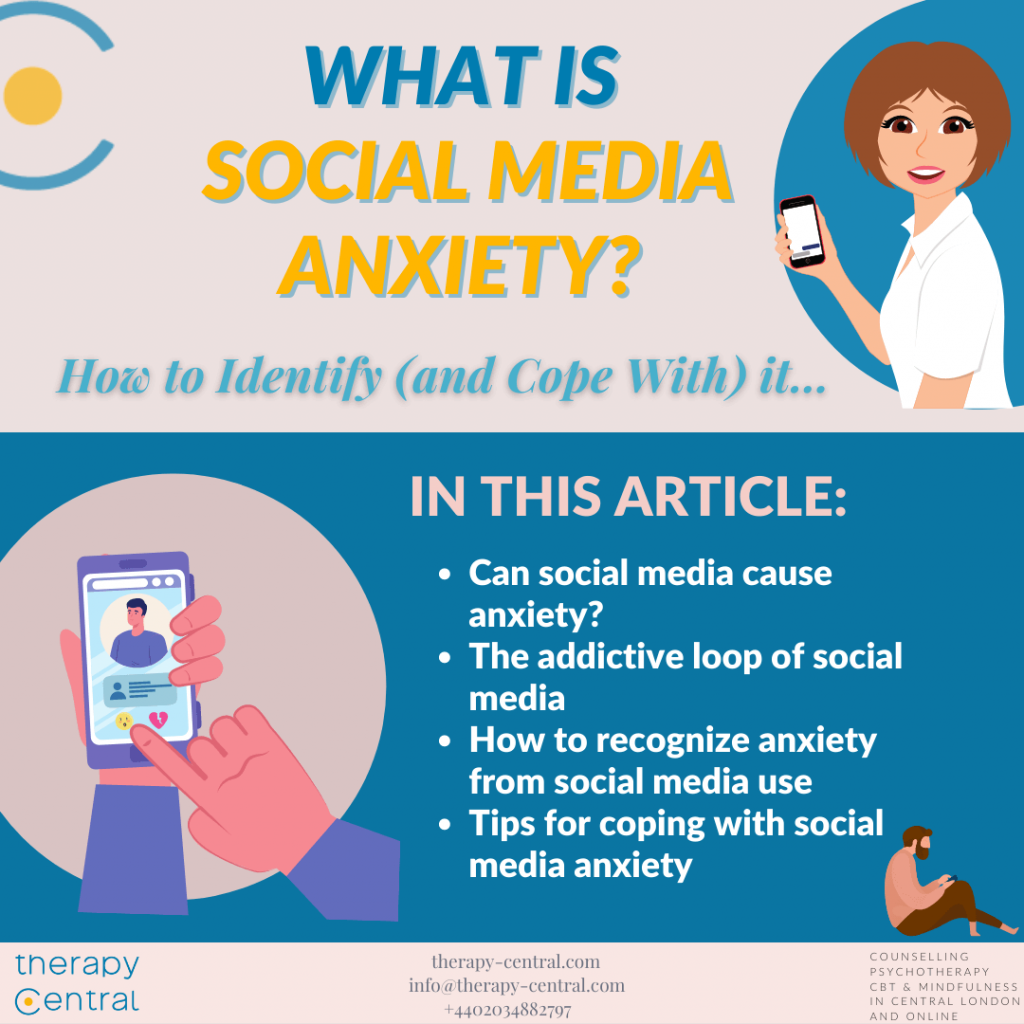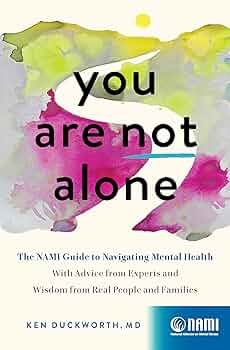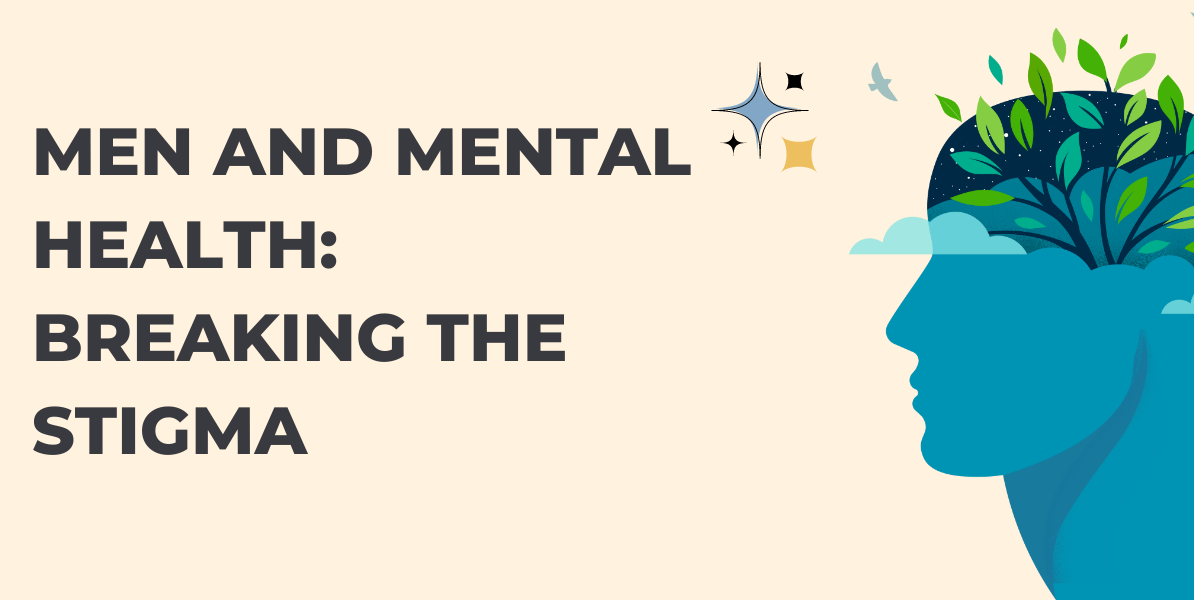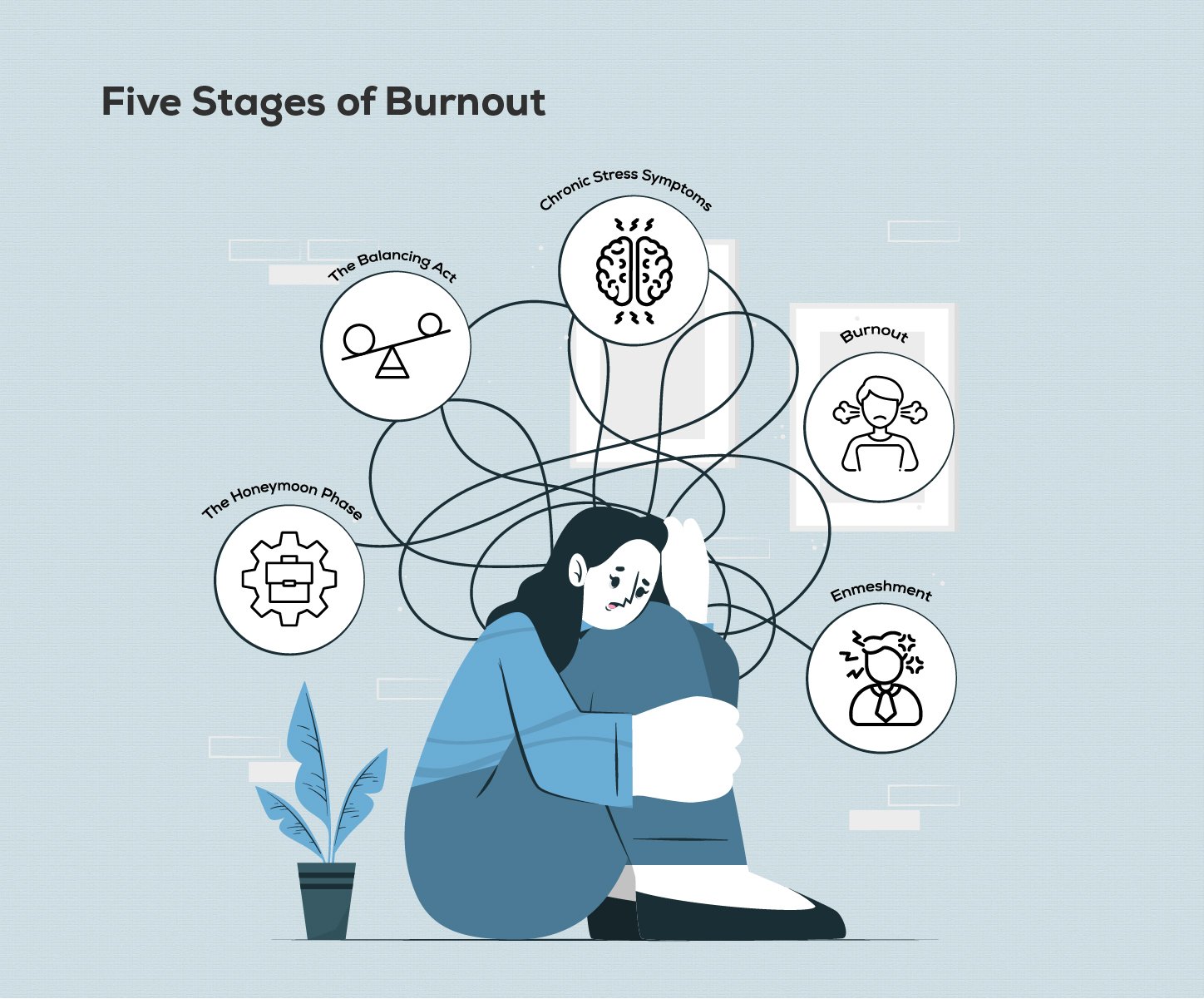Social media connects billions worldwide, but research shows it also fuels rising anxiety, stress, and comparison-driven unhappiness. From doomscrolling to fear of missing out (FOMO), platforms are designed to keep us hooked—often at the cost of mental health. This article explores how social media impacts anxiety, why Americans are more vulnerable, and what actionable steps can reduce stress while staying connected online.
The Double-Edged Sword of Social Media
Scrolling through Instagram reels late at night, checking Twitter updates during work, or comparing lifestyles on TikTok—these daily habits feel harmless. Yet, psychologists warn that social media is becoming one of the most powerful stress amplifiers in modern life.
In the United States, 90% of adults under 30 use at least one social media platform daily (Pew Research, 2024). While platforms help us stay connected, clinical studies show a sharp correlation between heavy usage and increased anxiety, sleep disorders, and even depression.
The big question: Are we biologically wired to feel stressed by social media—or can we reshape our digital habits to protect mental health?
Why Does Social Media Trigger Anxiety?
To answer this, let’s break down the psychology of stress in digital spaces.
1. Reward System Hijacking
Social media platforms are built on dopamine-driven feedback loops. Every like, comment, or share gives us a temporary “high.” When the hits slow down, we crave more, creating a cycle similar to gambling addiction.
2. FOMO (Fear of Missing Out)
When peers post vacations, promotions, or picture-perfect lives, our brains instinctively compare and create anxiety about being left behind.
3. Information Overload
Constant exposure to breaking news, tragedies, and online debates overwhelms the brain, leading to cognitive fatigue.
4. Cyberbullying & Online Shaming
Harassment online can feel as emotionally painful as face-to-face bullying, especially for teens and young adults.
Takeaway: The anxiety triggered by social media is not just “in your head.” Platforms are engineered to exploit human psychology for engagement.

Are Americans More Vulnerable to Social Media Anxiety?
Studies suggest yes. According to the American Psychological Association, Americans check their phones an average of 96 times a day, higher than global averages.
Factors making Americans more vulnerable:
- High Work Culture Pressure: Constant productivity comparisons.
- Capitalist Consumer Triggers: Ads target insecurities, fueling anxiety.
- Political Polarization Online: Heated debates and misinformation overload.
- Cultural Obsession with Success: Instagram highlight reels reinforce unrealistic benchmarks.
Real-life Example: A 2025 survey by Gallup showed 41% of U.S. teens feel anxious daily due to online interactions, particularly around body image and academic achievement.
The Silent Link Between Social Media & Sleep Anxiety
Have you ever stayed up “just five more minutes” scrolling TikTok, only to realize it’s 2 AM? Poor sleep is one of the strongest links between social media and anxiety.
Why it happens:
- Blue Light Exposure: Disrupts melatonin, making it harder to sleep.
- Late-Night Comparisons: Content at night feels more emotionally intense, fueling stress.
- Notification Stress: Anticipation of likes/comments disrupts REM cycles.
A 2024 study in Sleep Medicine Reviews found that social media use within 1 hour of bedtime increased the risk of insomnia by 62%.

Social Media vs. Real-Life Anxiety: What’s the Difference?
While traditional anxiety comes from survival instincts (fight-or-flight), social media anxiety is subtler but persistent.
- Real-Life Anxiety: Triggered by immediate danger (e.g., exam, job loss).
- Digital Anxiety: Triggered by perceived social threats (e.g., not enough likes, not invited to an event).
The brain doesn’t distinguish between physical and digital stress, so social rejection online activates the same brain regions as physical pain.
7 Shocking Truths About Social Media & Anxiety
- Anxiety rates are 3x higher in heavy social media users than light users.
- Teen girls face a 65% higher risk of body image anxiety from Instagram.
- Cyberbullying victims are twice as likely to experience suicidal thoughts.
- People who detox from social media for 7 days report a 20% drop in anxiety.
- Doomscrolling increases cortisol (stress hormone) levels by 30%.
- Comparing lifestyles online triggers envy in 78% of users (UCLA study).
- The average person spends 2.5 hours/day on social media, equal to 912 hours/year.
How to Reduce Social Media Anxiety Without Quitting
You don’t have to delete all apps to feel better. Digital mindfulness is about using platforms intentionally.
Practical Tips:
- Set daily limits with apps like Screen Time (iOS) or Digital Wellbeing (Android).
- Turn off push notifications except for essentials.
- Curate your feed—unfollow accounts that trigger stress.
- Replace nighttime scrolling with journaling or meditation.
- Use social media for creation (posting) more than consumption (scrolling).
Pro Tip: Apps like Freedom and Forest gamify reduced screen time, making habit change easier.

FAQs on Social Media & Anxiety
1. Does quitting social media reduce anxiety?
Yes. A University of Bath study (2023) found that participants who quit social media for just one week reported 19% less anxiety and 17% improved well-being.
2. Why does Instagram cause so much stress?
Instagram is highly visual, fueling appearance-based comparisons and unrealistic expectations about beauty and lifestyle.
3. Can social media cause panic attacks?
Indirectly, yes. Constant notifications and online harassment can trigger acute anxiety episodes that resemble panic attacks.
4. Are teens more at risk?
Absolutely. Teens aged 13–17 are twice as likely to report anxiety symptoms linked to peer comparisons online.
5. How does TikTok affect mental health differently?
TikTok’s short-form video format accelerates dopamine loops and creates addictive scrolling patterns, worsening attention spans and anxiety.
6. What’s digital detoxing and does it help?
Digital detoxing is taking intentional breaks from all platforms. Studies show even 48 hours offline lowers stress markers significantly.
7. Can mindfulness reduce social media anxiety?
Yes. Practicing mindfulness before and after scrolling helps separate reality from curated online portrayals, reducing comparison-driven stress.
8. Why do I feel worse after scrolling?
Because of emotional contagion—exposure to negative content spreads stress like a digital “infection.”
9. How do parents help kids manage anxiety from social media?
By setting healthy boundaries, encouraging offline hobbies, and teaching media literacy to spot unrealistic portrayals.
10. Will anxiety from social media get worse in the future?
Experts predict yes—AI-driven algorithms will create even more personalized but addictive feeds, unless digital wellness policies expand.
Final Thoughts: Wired to Stress, or Wired to Adapt?
Yes, social media is designed to exploit human psychology and keep us hooked. But anxiety doesn’t have to be the end of the story. By embracing digital mindfulness, detoxing occasionally, and curating healthier feeds, we can reclaim the joy of connection without sacrificing peace of mind.
The question is no longer whether social media makes us anxious—it’s whether we’re ready to take control of how we use it.




